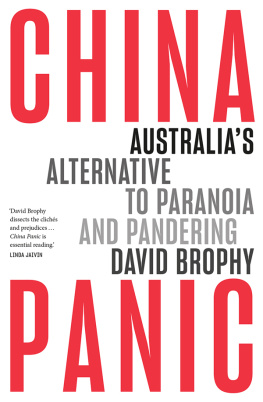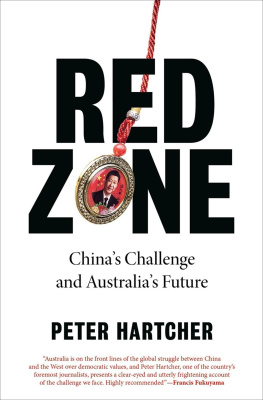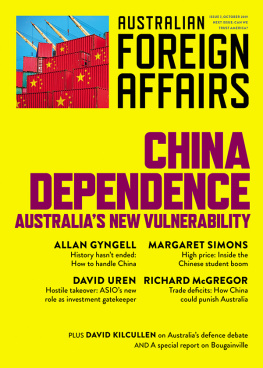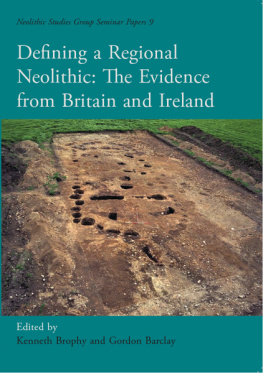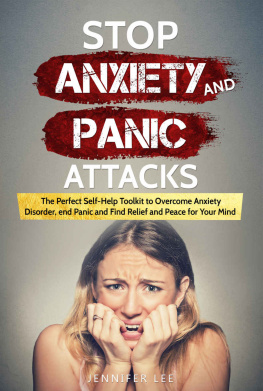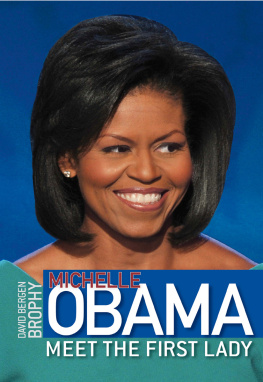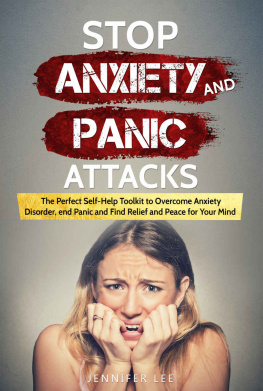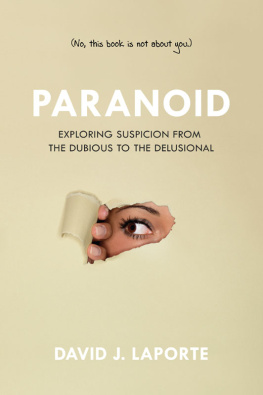PRAISE FOR CHINA PANIC
The most stimulating book Ive read on the most important question facing Australian foreign and strategic policy. Brophy is not just answering questions others have asked, hes asking new questions.
ALLAN GYNGELL, author of Fear of Abandonment
Anyone who wants to know how and why Australias China narrative has descended to such a dismal point needs to read China Panic. Brophy is that rare China scholar whose moral convictions, unflinching courage and probing intellect combine to deliver a devastatingly sharp critique. China Panic embodies a virtuous circle of formidable knowledge, dispassionate reasoning and surgically precise analysis, all of which are in desperately short supply in the current China debate. China Panic brings to light a wide array of uncomfortable truths about our collective neurosis when it comes to China, and highlights the urgent need for Australians to take a long, hard look at our own national consciousness and political process.
A powerful antidote to Australias growing China-phobia, this book is long overdue.
WANNING SUN, professor of media and communications, UTS
In China Panic, David Brophy introduces much-needed nuance to the increasingly polarised discourse around Australias relationship with China. He dissects the clichs and prejudices that are stifling Australias ability to think clearly and act in a principled manner when it comes to dealing with China revealing the flaws in the thinking of both the China hawks as well as elements of the left. With his detailed, knowledgeable and incisive analysis of everything from Xinjiang and Hong Kong to domestic politics, the independence of universities and the American alliance, he offers a unique and valuable perspective. China Panic is essential reading.
LINDA JAIVIN, author of The Shortest History of China

Published by La Trobe University Press in conjunction with Black Inc.
Level 1, 221 Drummond Street
Carlton VIC 3053, Australia
www.blackincbooks.com
www.latrobeuniversitypress.com.au
La Trobe University plays an integral role in Australias public intellectual life, and is recognised globally for its research excellence and commitment to ideas and debate. La Trobe University Press publishes books of high intellectual quality, aimed at general readers. Titles range across the humanities and sciences, and are written by distinguished and innovative scholars. La Trobe University Press books are produced in conjunction with Black Inc., an independent Australian publishing house. The members of the LTUP Editorial Board are Vice-Chancellors Fellows Emeritus Professor Robert Manne and Dr Elizabeth Finkel, and Morry Schwartz and Chris Feik of Black Inc.
Copyright David Brophy 2021
David Brophy asserts his right to be known as the author of this work.
ALL RIGHTS RESERVED.
No part of this publication may be reproduced, stored in a retrieval system, or transmitted in any form by any means electronic, mechanical, photocopying, recording or otherwise without the prior consent of the publishers.
9781760642501 (paperback)
9781743821497 (ebook)
Cover design by Akiko Chan
Text design and typesetting by Tristan Main
INTRODUCTION: AUSTRALIAS CHINA PANIC
Browse through the section on Australias foreign relations in any library, and youll soon notice a consistent theme. In Fear of China, Fearful Country, Anxious Nation the list goes on. Im well aware that by titling this book China Panic, Im adding to that collection.
The warnings from government officials have certainly been frightening. Last September, the secretary of the Department of Foreign Affairs and Trade (DFAT) told us that the institutions we take for granted our parliament, our democracy, our legal system, our freedom of speech and association they really are at stake now. In many ways, Australians have become afraid of China again.
Australia came into being as a settler colony far from Europe, and its undeniable that geographic and demographic anxieties have lent its political culture a wariness towards Asia. Todays climate plays on sentiments of xenophobia that have never been far below the surface. In talk of invasion, and in caricatures of dragons menacing the continent with their grasping claws, its possible to see the old genres of yellow peril being recycled. Historians debate the origins of these well-worn China tropes, but all recognise their tenacity.
After two decades of demonising Muslims, Pauline Hanson has returned to familiar themes of demographic swamping from Asia. The people have to move to somewhere, she told Sky News in 2019, because theyre ever increasing Thats how I see the future.
The centrality of foreign interference in todays discourse, a drama of agents and operatives, easily calls to mind the Cold War red scare most associated with the hunt for Soviet spies, but also a time of excessive, racialised policing of Australias Chinatowns, which made it almost impossible for Chinese Australians to publicly support the newly established Peoples Republic of China (PRC). Back then, China was both yellow and red, though of course it wasnt the economic powerhouse it is today. For that, we might look to the example of the 1980s, when Japanese investment and buy-ups of Australian companies and real estate induced a paranoia that with hindsight looks well out of proportion to the facts.
Fears certainly do exist. They circulate through society and linger in ways often difficult to discern. I remember as a young boy the mixture of utopianism and unease with which my home state of South Australia debated the merits of Japans Multi-Function Polis proposal, a futuristic satellite town to be built on Adelaides dusty northern outskirts. For a while, the image in my mind of the Gold Coast was of something akin to a Japanese colony. I also briefly developed an acute sense that Indonesia might one day invade Australia. Im not sure where I picked it up from, whether it was from looking at a map or from a snippet of conversation. It was obviously just something in the air.
But this book is not a cultural study of Australias Asia insecurities. Its not a book about how Chinas rise is triggering an innate phobia of that country, or why Australias policies are motivated by racism. As an explanation for the way Australia conducts itself internationally, I dont think racism and paranoia are the best starting points. The China panic I describe in this book is much more a product of Australias policies than a motivation for them. To be precise, its the result of a deliberate decision to wrench Australia away from deep, longstanding engagement with China, and to assume an active role in a campaign to preserve American dominance in the region.
Of all the spheres of policymaking, foreign affairs is probably the most immune to democratic participation. The most important decisions including the ultimate one of whether to go to war tend to be the last to be put up for public debate. Questions take shape and get decided by a narrow range of actors. When Tony Abbott famously described Australias view of China as a mixture of fear and greed, he wasnt so much describing the attitude of ordinary Australians as the attitudes of two constituencies whose views carry the most weight in the formation of foreign policy: the nations security and business elites. Their privileged policy role gives them a privileged role in shaping public perceptions of the outside world. Enemies need to be identified in stark, simple terms, and brought close to home. Alliances must be presented in idealised narratives of friendship, trade relations in rosy visions of liberal globalism: a win-win world of commerce whose benefits trickle down to us all.



